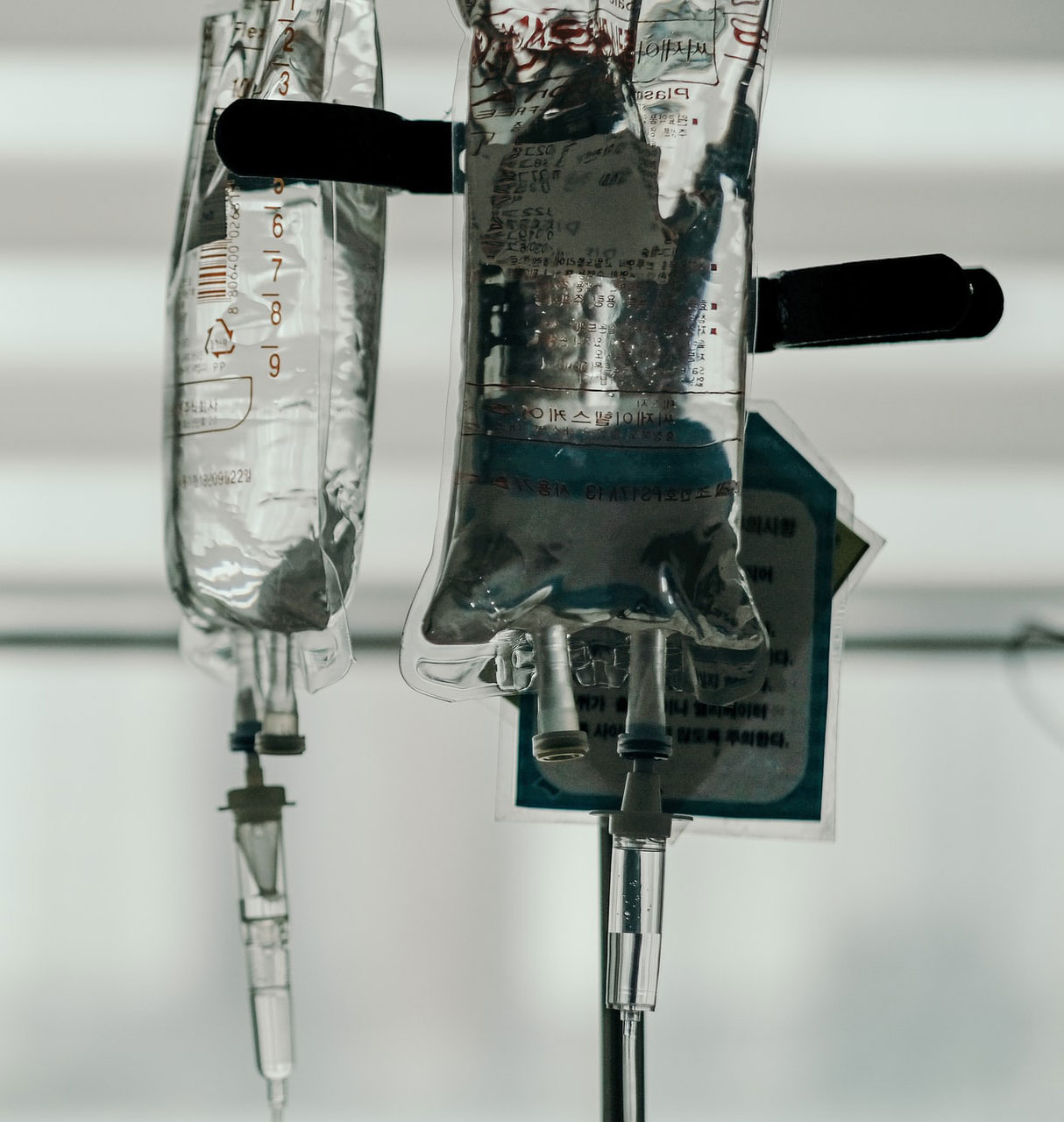IV Sedation
Over the last few decades, IV sedatives have been improved remarkably. Occasionally people report nausea or vomiting from experiences in the operating room or recovery room. In the Oral Surgery Office setting, the medications we use in the IV rarely ever cause these symptoms. In fact, we give some medications to those with a history of unsettled stomach to prevent this. When it does occur, it is generally short-lived. Again, in our office, we rarely ever have those symptoms arise. With IV and nitrous sedation, it especially important to know what to do the night before and the morning of regarding diet and other instructions. At the end of this anesthesia section, please read those instructions.
Our patients report a very pleasant experience with IV sedation. It can be planned as light, moderate or deep. When people say, “I just want to be knocked out” that would imply general anesthesia. General anesthesia though is when the patient is not breathing spontaneously and has a breathing tube temporarily as in when having your appendix removed. That is not our technique in out-patient treatments. Deep sedation generally results in little or no memory of the procedure. Moderate sedation may also result in this, although some parts of the procedure may be remembered but the patient is very comfortable. Light sedation can be very desirable as the patient is very relaxed but can freely communicate. These three states are custom to every patient in our practice.

Typically, wisdom tooth cases, longer cases, or more difficult cases are usually done with moderate or deep sedation. Even healthy elderly patients may undergo light IV sedation when indicated.
Our goal is to make the experience as stress-free as possible, and the nurses are very helpful along with Dr. Noren in making that happen. We don’t rush anyone through or out, and we explain everything that patients are needing to know about each procedure that we perform.
Instructions to follow the night prior to IV Sedation Surgery
Eat well and drink plenty of fluids the night before, you’ll feel better.
Have bland snacks after dinner, like pasta or mashed potatoes.
Avoid spicy or greasy foods.
Drink plenty of clear liquids, avoid orange juice or lots of soda or acidic drinks (water, powerade, etc ok.)
No food or liquids 6 hours prior to IV sedation
Exception is water in small amounts up to 2.5 hours before IV sedation.
The other exception is a small sip of water to take indicated/approved morning medications.
Loose fitting comfortable clothes, short-sleeved shirt or a sweater/coat in cold weather, but bottom layer as above
You must have a ride or escort with you.
They should monitor you at home if possible for 1-2 hours.
Have a cell phone near you too.
Have ice packs in the freezer and soft foods ready (pasta, ice cream, yogurt, crock-pot type foods).
Turn off your cell phone during surgery.
No perfume or colognes please.
If you have any questions, call (607) 273-0327.
